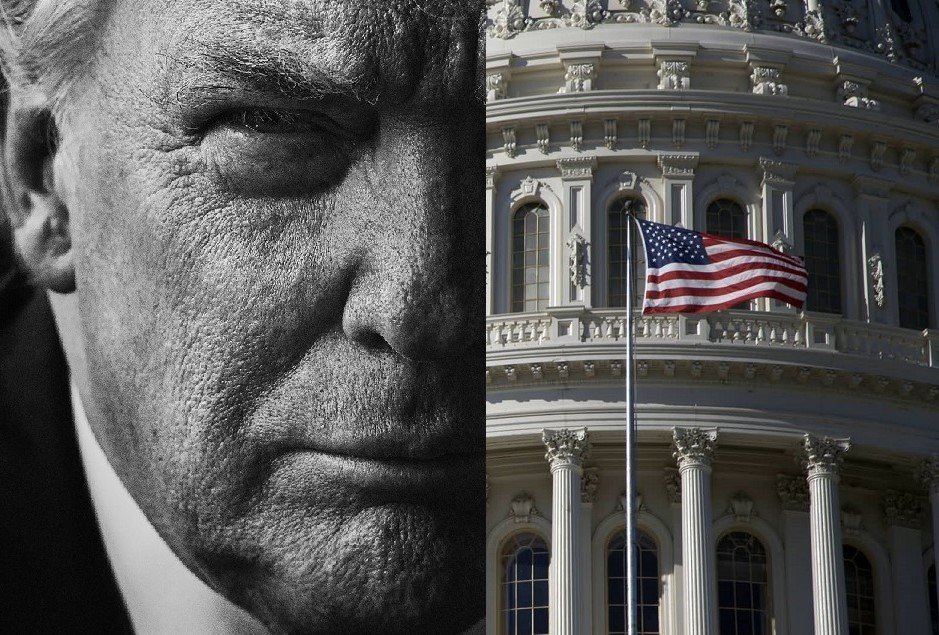Philip Reeker, a senior State Department official who tried to counteract a campaign of falsehoods that undermined the U.S. ambassador to Ukraine, testified before House impeachment investigators today.
According to an official working on the impeachment inquirer, Reeker gave his deposition under subpoena to get around an effort by the State Department to block him from appearing.
Foreign Service officers are required to answer subpoenas issued by Congress.
Reeker, who heads the team of diplomats specializing in European affairs, is the latest Trump administration official scheduled to appear behind closed doors despite a White House edict that no government employees cooperate.
Based on previously released accounts, he likely provided a limited but critical piece of the backstory involving an informal endeavor to prod Ukrainian officials to investigate former vice president Joe Biden and his son Hunter ahead of the 2020 presidential election.
In March, Reeker was selected as acting assistant secretary in charge of the Bureau of European and Eurasian Affairs.
As head of the bureau that dealt with Ukraine, Reeker was nominally in charge of policy for the country.
In reality, the policy was being steered by political appointees and by Rudolph W. Giuliani, President Trump’s personal attorney, according to previous testimony given during the impeachment probe.
Democrats claimed victory after a federal district court judge yesterday rejected a claim by Trump and his Republican allies that the process was illegitimate because the full House had not voted to authorize it.
The judge ordered the Trump administration to give the House Judiciary Committee secret material from former special counsel Robert Mueller’s investigation into Russian meddling in the 2016 U.S. election.
The White House, citing the lack of an authorizing vote, had claimed the inquiry was ‘constitutionally invalid’ and defied numerous congressional subpoenas for documents and testimony.
‘The American people had another victory yesterday in the court decision validating not only the impeachment inquiry but the imperative that the administration stop stonewalling,’ House Intelligence Committee Chairman Adam Schiff, who is leading the inquiry, told Reuters.
At the heart of the inquiry is a July 25 phone call in which Trump asked Ukrainian President Volodymyr Zelenskiy to investigate former Vice President Joe Biden, a leading Democratic contender to face Trump in the 2020 election, and his son Hunter, who had been a director of a Ukrainian energy company.
The Trump administration was withholding $391 million in security assistance for Ukraine at the time, and investigators are looking into whether Trump improperly tied the release of the aid to getting Ukraine’s help in probing the Bidens.
William Taylor, the top U.S. diplomat in Ukraine, testified on Tuesday that Trump made the aid contingent on Zelenskiy announcing he would investigate the Bidens and a debunked conspiracy theory that Ukraine, not Russia, had meddled in the 2016 U.S. presidential election.
U.S. election law prohibits candidates from accepting foreign help in an election.
